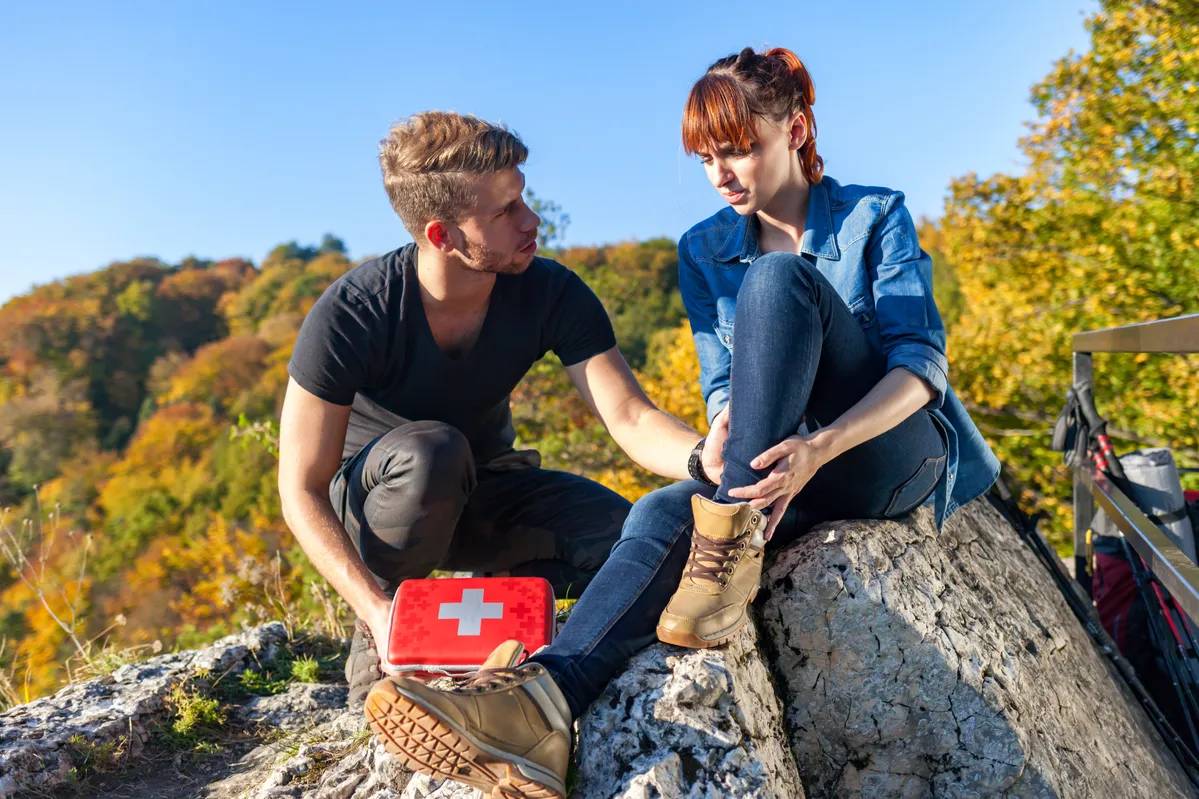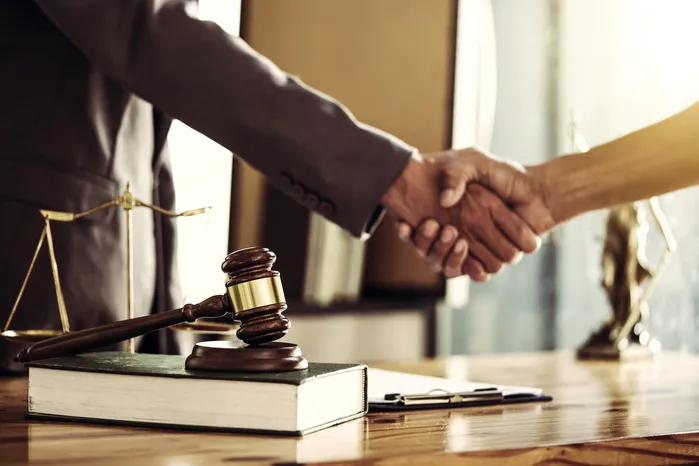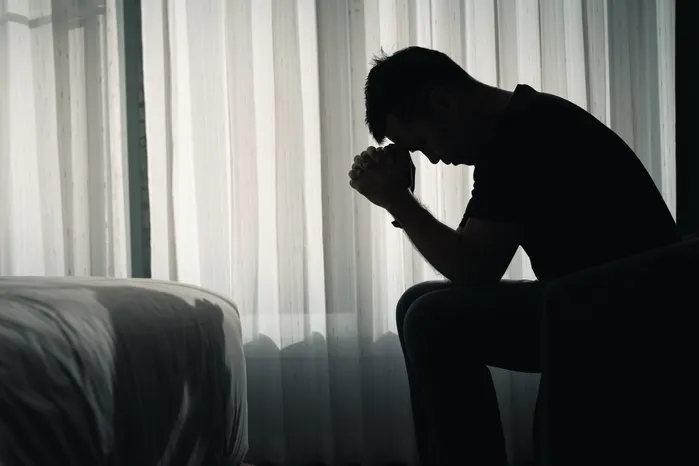4 min read time
Summary
The Nevada Good Samaritan Law protects a bystander who helps an injured person from civil liability. However, the law only applies if the bystander does not have a relationship with the victim, is not expecting compensation for helping the victim, does not have a duty of care, or does not act in gross negligence.
Table of Contents
What Is the Good Samaritan Law in Nevada: NRS 41.500
The Nevada Good Samaritan Law is outlined in NRS 41.500 and is meant to encourage bystanders to assist injured individuals by protecting them from civil liability.
While the Good Samaritan Law protects from legal liability, it's important to understand that under Nevada law, it will only do so if the actions of the good samaritan were in good faith and not grossly negligent.
Example of the Good Samaritan Law: An emergency arises when a man suddenly has a heart attack on the road. A passerby immediately administers CPR and, while doing breaks the man's ribs. Under the Good Samaritan Law, the passerby is protected from any lawsuit which may arise from the man's ribs being broken.
When Does Good Samaritan Law Apply in Nevada
Under Nevada Revised Statute 41.500, the Good Samaritan law applies in the following emergency situations:
- Providing Emergency Medical Treatment: If a person renders basic emergency care, such as CPR, if someone is going into cardiac arrest, then they will be protected from any legal repercussions.
- Emergency Situation: If you render aid in an emergency situation, such as a car accident or fire, you'll be protected from any civil damages.
- Using Defibrillators: Good Samaritan laws allow those trained in using an automated external defibrillator (AED) to provide assistance and be protected from any legal consequences.
While the law encourages people to provide reasonable care to someone in a medical emergency, it's essential to understand that if you are not experienced or trained to offer assistance, it's not your legal duty to do so.
Exceptions to the Nevada Good Samaritan Law
There are situations in which Good Samaritan Laws will not protect you, and it's important to understand these exceptions, especially if you face legal liability and intend to use the Good Samaritan Law as a defense.
If You Acted Negligently or Recklessly
You will not be protected as a good samaritan if your actions are negligent or reckless.
For example, if you perform CPR on someone awake, you could be held liable for the damage that medical care causes.
Acted with Willful Misconduct
If you intentionally harm the injured person, such as by preventing others from rendering aid, you will not receive the protections outlined in NRS 41.500.
Expecting Payment
NRS 41.500 only applies to voluntary assistance done in good faith, such as help from bystanders or volunteer ambulance drivers and firefighters.
If you render aid to a person expecting payment or something in return, you'll not receive any legal protections.
Duty to Help
Licensed medical professionals or law enforcement who provide emergency care within their scope of employment are held to a higher standard and are trained to save lives, meaning that they will not be protected by NRS 41.500.
Could I Be Sued as a Good Samaritan
Yes, you can be sued as a good samaritan even if you act in good faith.
In a personal injury case, you may be sued if you:
- Acted with gross negligence or recklessness
- Committed intentional harm
- Provide care beyond your expertise
- Helped for compensation
- The victim disagrees that your actions were done in a good faith effort
- Have an existing duty of care, such as medical responders or innkeepers.
Under Nevada law, you could be sued if any of the above apply to your case. So, it's highly recommended that you contact an experienced personal injury attorney from our Las Vegas law firm today by calling (702) 566-3600.
Can You Get in Trouble for Not Helping Someone?
In Nevada, if you don't have a special relationship with the victim, such as a parent or caretaker, don't have a professional duty of care, or did not create the danger, you will not get in trouble for not helping someone.
However, you should understand that Good Samaritan Laws serve as a motivation for innocent bystanders such as yourself to help someone in need, so from a moral view, it's recommended that you do so.
Nevada's Good Samaritan Drug Overdose Act
Nevada's Good Samaritan Law was expanded to address opioid overdoses, and it was meant to encourage people to seek out help during such an event.
Nevada Good Samaritan opioid overdose law, which is outlined in NRS 453C.150, provides willing bystanders with protections such as:
- Immunity from arrest, charge, or prosecutions for drug-related offenses, such as possession of a controlled substance, drug paraphernalia, or being under the influence of a drug.
- Protection from legal suits, such as personal injury lawsuits, for individuals who report an overdose or administer medicines such as Narcan.
Why Contacting a Lawyer Is Recommended When in Breach of the Samaritan Law
If you believe you were in breach of the Good Samaritan Law, it's recommended that you contact Las Vegas personal injury attorneys today to minimize potential damages.
Contact an experienced personal injury lawyer today by calling (702) 566-3600 for a free consultation.
Obtain the Compensation You're Entitled To
Contact Us Today
Rodney Okano Car Accident Lawyer is a Las Vegas personal injury law firm with over 20 years of experience helping clients obtain maximum compensation following injuries from accidents such as car crashes, worksite injuries, and slips and falls. Over those years, The Rodney Okano Car Accident Lawyer Law Firm has become an experienced law firm that can ensure exceptional results for any of its clients.



